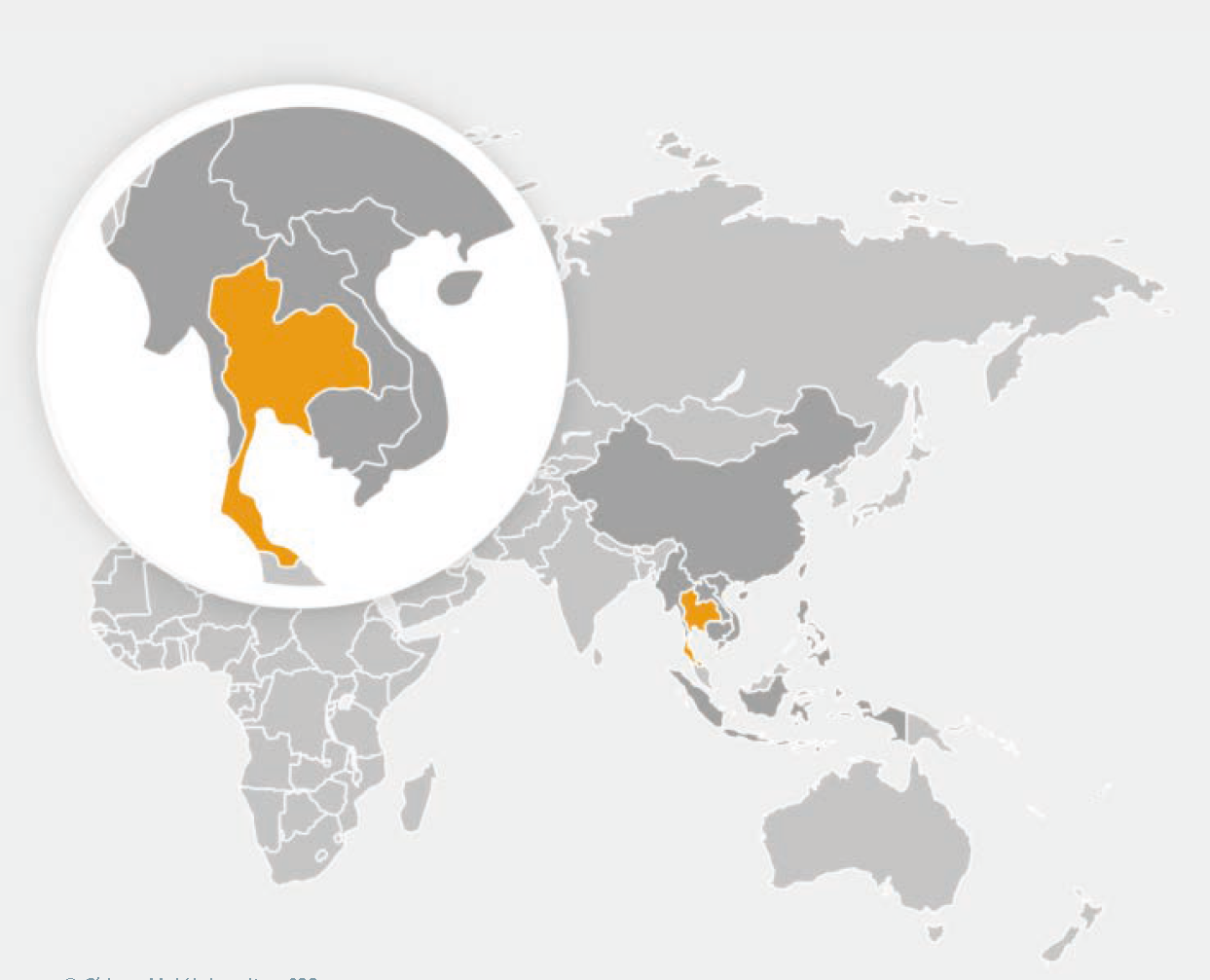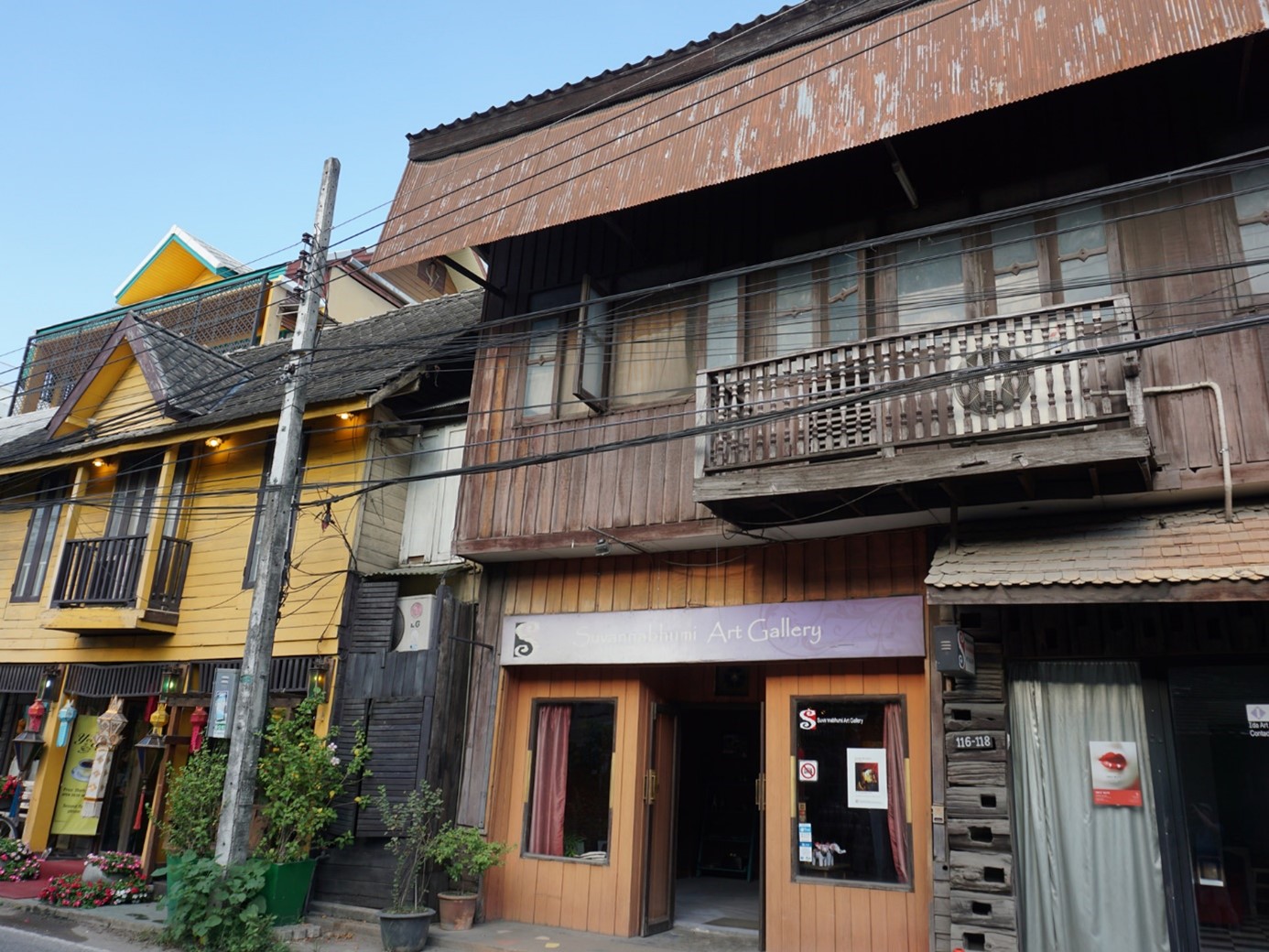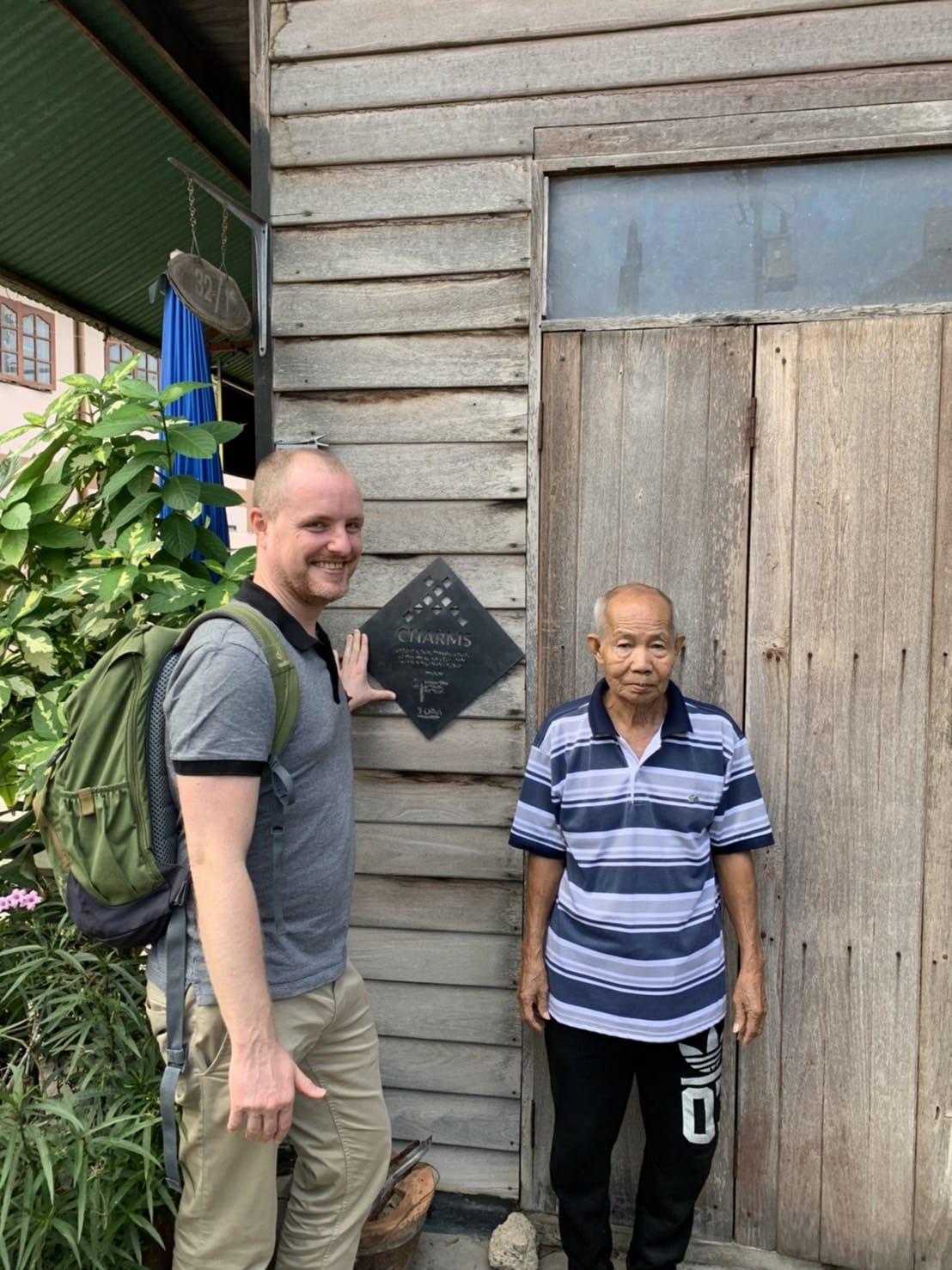CHARMS – Carrying heritage buildings as part of urban regions into a modern and energy-efficient society

Joint project CHARMS develops sustainable solutions for historic building structures in Thailand
In Southeast Asia, too, lifestyles are changing, people are increasingly working from home as a result of COVID-19, and the demands on urban structures to reduce greenhouse gas emissions are increasing. Thailand‘s historic urban neighborhoods and residential buildings need resilient utilization concepts developed in cooperation with residents and city administrations. This is where the CHARMS research project comes in, bringing together researchers from Germany and Thailand with local governments and civil society in the Thai region of Chiang Mai. A research team from Fraunhofer ISI is leading the large-scale transdisciplinary project.
The project team‘s surveys show that the high energy costs, poor air quality and often inadequate thermal comfort of historic wooden houses affect young residents in particular. Their demands differ from those of their parents. At the same time, an altered microclimate and high air pollution severely limit the functionality of traditional indirect cooling systems. To ensure acceptable indoor comfort, many residential buildings are equipped with active, technical solutions such as air conditioning systems. Higher energy consumption and urban heat islands are the result.
Technical and social innovations
In order to develop locally adapted, sustainable utilization concepts for these historic buildings and neighborhoods, the researchers in the project are applying research methods from various academic disciplines. The aim is to create technical and social innovations that are interrelated, improve indoor comfort for residents, and preserve the architectural heritage and cultural identity – preservation through use.
Focus on acceptance
The acceptance of the technical and social solutions developed in the project is the main focus. For example, the Leipzig team is developing a catalog of social innovations for the sustainable use of historic buildings, evaluates the transferability of technical solutions (e.g. from Industry 4.0 to the context of urban planning), and conducts continuing education on sustainable cultural heritage management. Local committees of municipal and civil society decisionmakers evaluate the approaches developed in the project. The Thai project partners from Chiang Mai University are helping to understand and visualize the problems and preferences of the population and to jointly translate effective utilization concepts.
CHARMS is based on results of the “YoU2 − Livable historic urban districts in Chiang Mai“ project.
CHARMS is funded within the funding priority “Sustainable Development of Urban Regions – SURE“ by the German Federal Ministry of Education and Research (BMBF).






